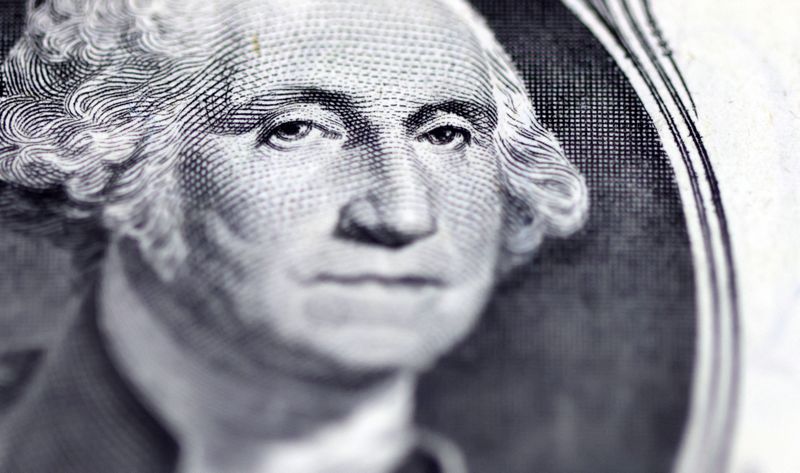Street Calls of the Week
Investing.com - The U.S. dollar has been unable to benefit from a tariff-driven sell-off in stocks so far this year, despite the greenback traditionally being regarded by some as a relative safe-haven asset, according to analysts at UBS.
U.S. President Donald Trump is due to reveal a fresh batch of tariffs at a White House Rose Garden event at 16:00 ET (20:00 GMT) on Wednesday, which some believe could upend the longstanding rules-based international trade order and escalate global trade tensions.
Trump has made levies a centerpiece of his second term in office, arguing that these moves are necessary to correct trade imbalances, lift government revenues, and reshore lost manufacturing jobs. Trump has previously backed so-called "reciprocal" tariffs that would match foreign charges and non-trade barriers on U.S. exports.
The moves have dented stock markets in 2025, with investors fretting over the impact of the duties on inflation, economic activity and corporate profits. The benchmark S&P 500 slid by 4.6% in the first quarter, while the tech-heavy Nasdaq 100 shed 10.4% in the opening three months of the year.
Meanwhile, the U.S. dollar index, which tracks the greenback against a basket of currency pairs, depreciated by almost 4%, even as traders sought pockets of safety during the equity market slide. Gold, another longstanding safe-haven destination, has recently hit multiple record highs.
In a note to clients on Tuesday, the analysts at UBS argued that the dollar may not be "as counter-cyclical as sometimes assumed," flagging that over the past quarter-century, U.S. equities and the greenback have "actually moved in the same direction" on a calendar quarter basis about 32% of the time.
This "dampening" in the correlation between the dollar and riskier assets could be attributed to weaker U.S. economic data and a "fairly orderly" equity sell-off that did not feature a "significant" uptick in volatility, the UBS analysts led by Vassili Serebriakov said.
Serebriakov noted that markets are also already "long" on the U.S. dollar versus risk-sensitive currencies such as the Australian dollar and Canadian dollar, and "short" compared to perceived safe-haven foreign exchange options like the Japanese yen and Swiss franc.
Outflows from U.S. assets might be weighing on the safe-haven appeal of the dollar, Serebriakov added.
Against this backdrop -- and with the UBS analysts seeing the potential for Trump’s tariff announcement later today offering either relief or amplified risk to investor sentiment -- the brokerage favors "buying euro dips, being long Japanese yen and long volatility."
